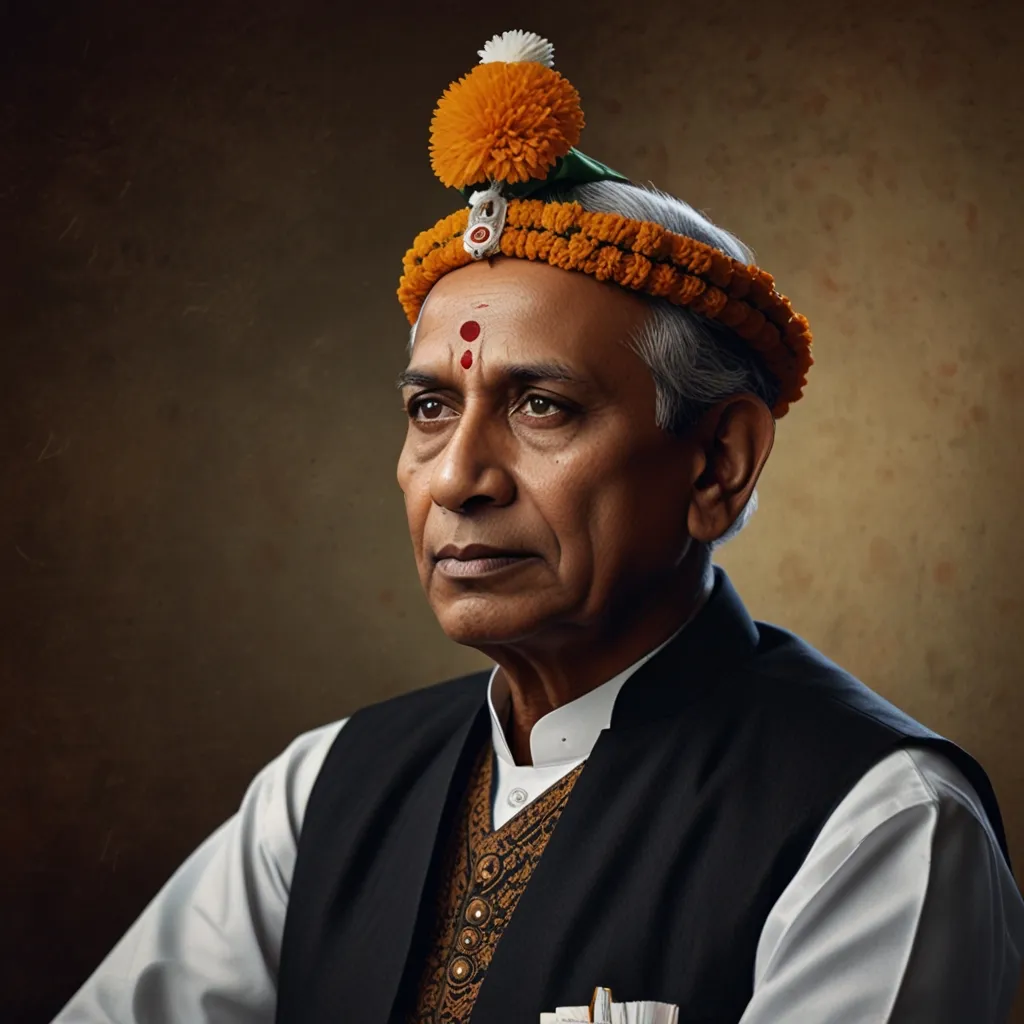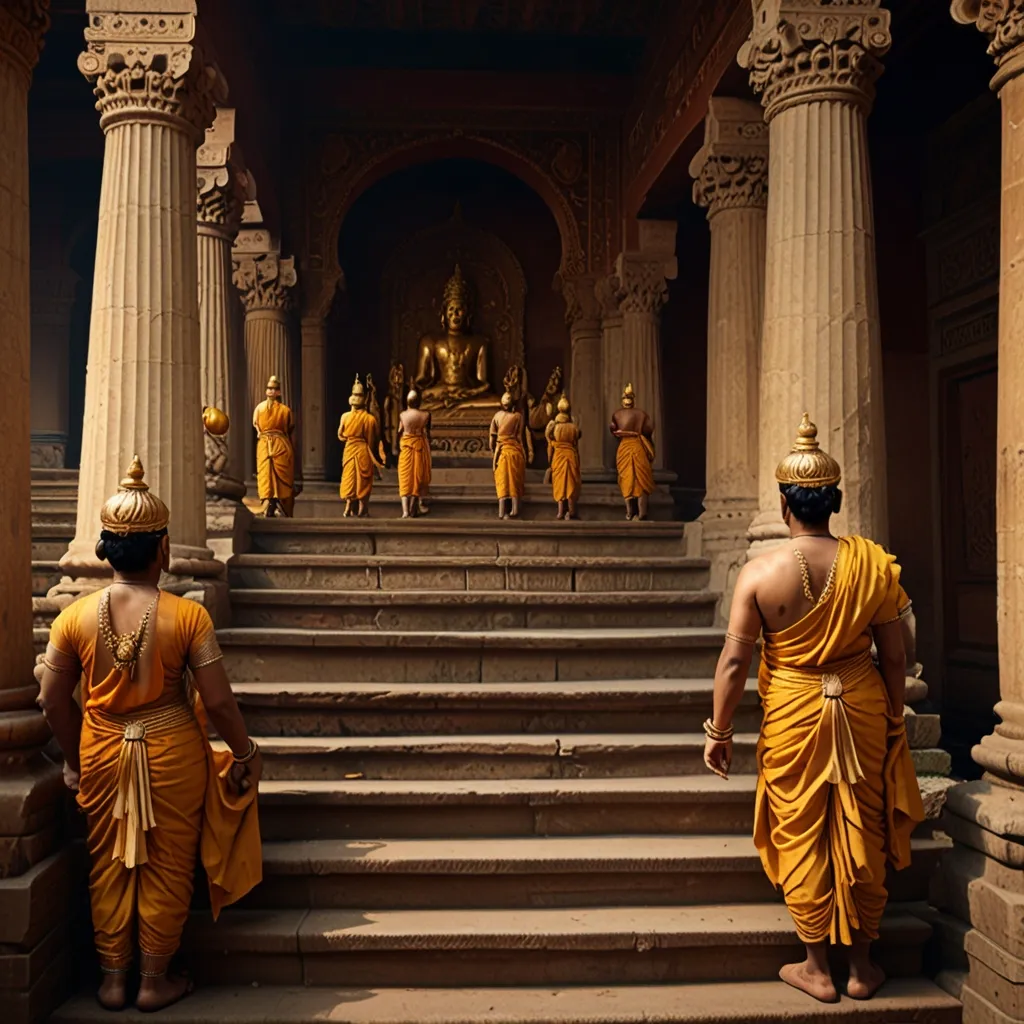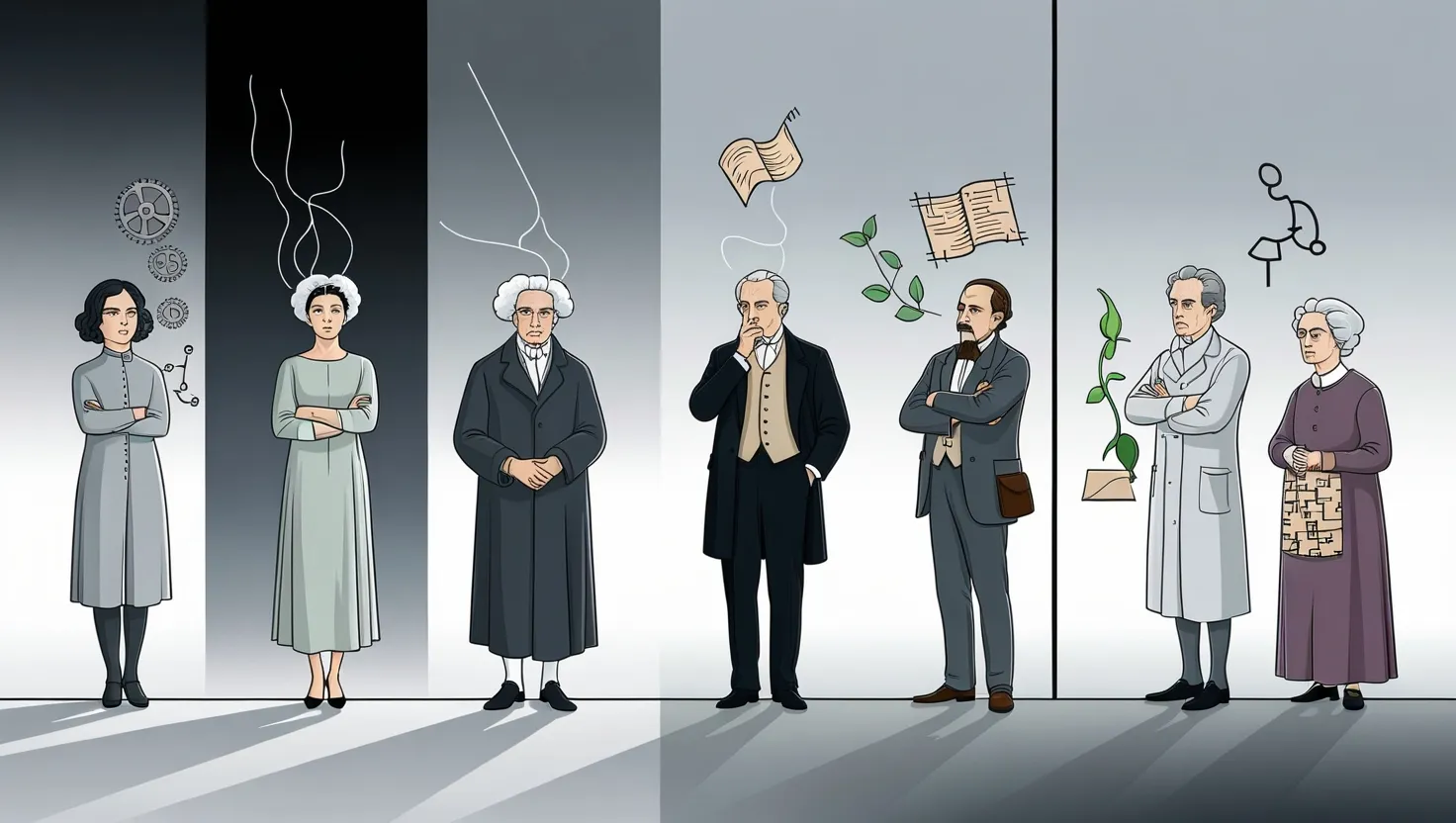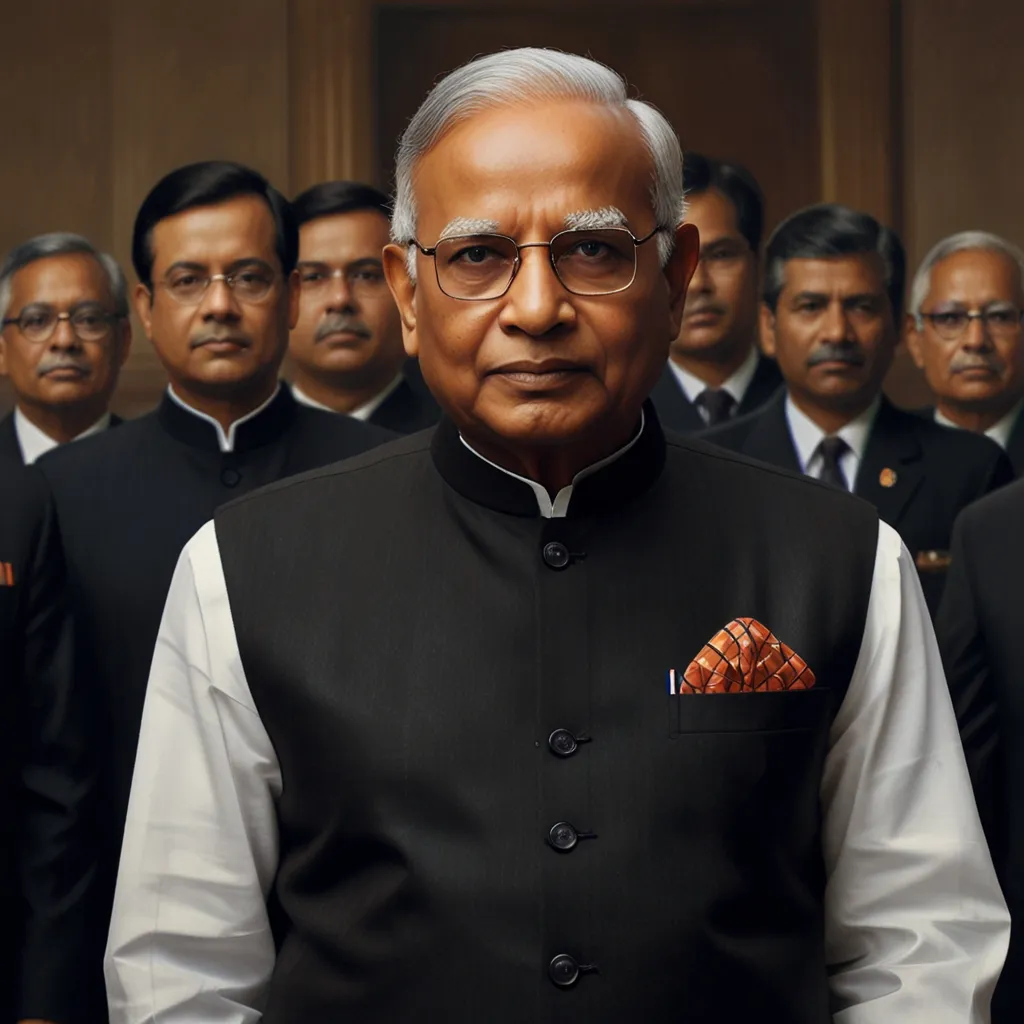In India, the Governor is a big deal in state politics and administration. They are like the state version of the President at the national level, taking on both ceremonial and functional tasks.
The President of India appoints the Governor, usually for a five-year term, but this term isn’t set in stone; it can be cut short or extended. Governors can also be shuffled around to different states. This setup is inspired by the Canadian model of government, where the central government picks the Governor for each state.
The Governor juggles two hats: the state’s constitutional head and the central government’s rep. This dual role makes them a key link between the state and central governments. While they’re mainly guided by the state’s council of ministers, they have some room to act independently in certain cases.
They have a lot of legislative clout. Governors can call, pause, or dissolve the state legislative assembly. They kick off the legislative session each year and have the final say on bills passed by the legislature. If a bill seems sketchy or unconstitutional, they can send it up to the President. They can also issue ordinances when the legislative assembly isn’t around.
As the head honcho of the state, the Governor runs the executive branch, either directly or through other officers. They name the Chief Minister and other ministers responsible for running the show. They also appoint judges to the High Court and other top officials.
In certain situations, the Governor can go solo using their discretionary powers. They can alert the President if they think the state government isn’t playing by the constitutional rules. They can also hold onto a bill for the President’s review if it seems unconstitutional or against national interests.
The role isn’t without drama. Sometimes, Governors have stirred up controversies, leading to calls for reforms or even scrapping the post altogether. The Supreme Court has weighed in, saying Governors need to act fairly, especially when things get politically dicey. There have been times when Governors were under fire for their actions, prompting demands for clearer rules and limits on their discretionary powers.
Even with the hiccups, the Governor’s role is vital for keeping India’s federal structure intact. They ensure that state governments align with national policies and constitutional norms. Basically, they help balance the power between the central and state governments, keeping the country united and strong.
So, the Governor in Indian states isn’t just a figurehead. They play a crucial role in making sure state governments run smoothly and uphold the federal principles of India.






